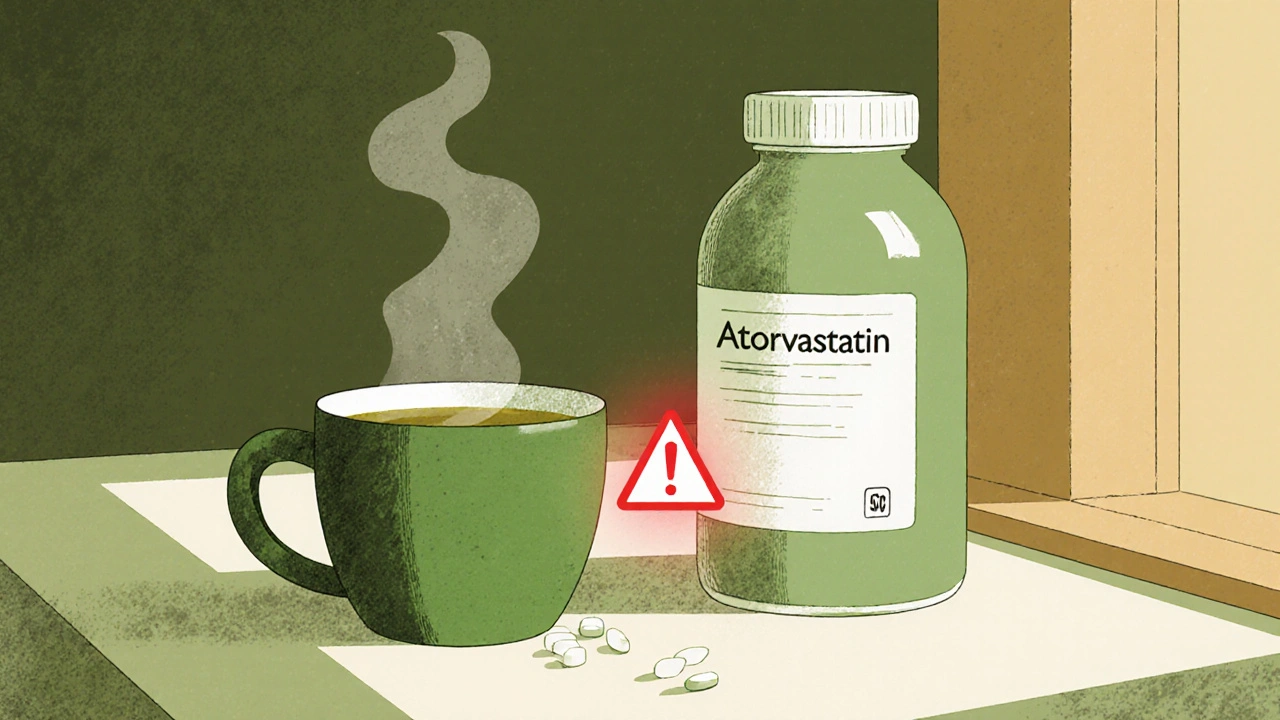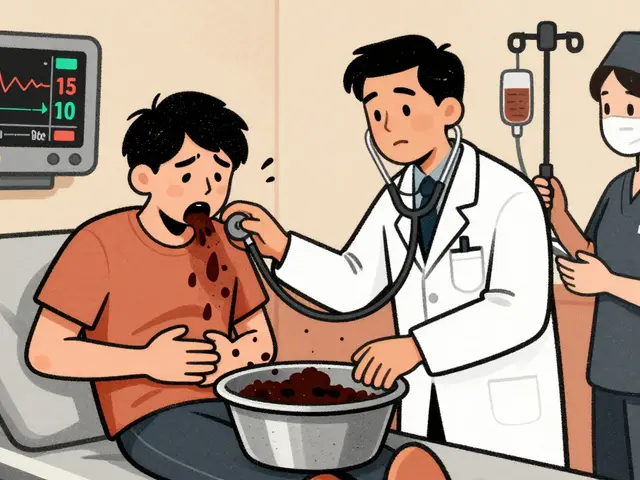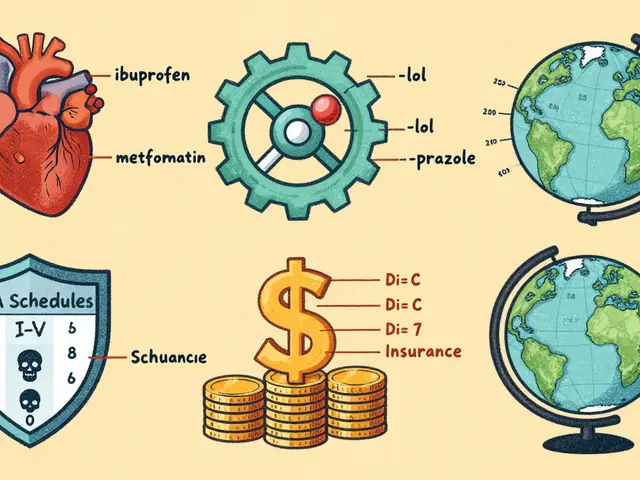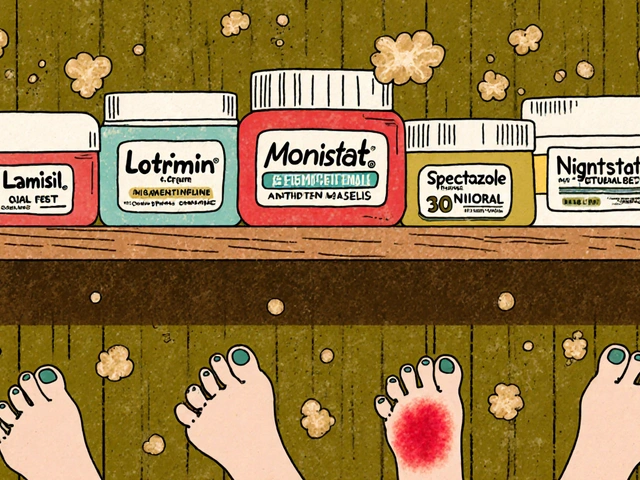Medication Interactions: What You Need to Know Before Taking Pills Together
When you take more than one drug at a time, your body doesn’t always know how to handle it. This is where medication interactions, when two or more drugs affect each other’s action in your body, potentially causing harm or reducing effectiveness. Also known as drug interactions, they’re one of the leading causes of preventable hospital visits—especially in older adults or people managing chronic conditions. It’s not just about mixing prescription pills. Over-the-counter painkillers, herbal supplements, even grapefruit juice can change how your meds work. A simple combo like NSAIDs and steroids can spike your risk of stomach bleeding. Or taking sedatives with alcohol might slow your breathing to a dangerous level—something we’ve seen in real cases where people didn’t realize their sleep aid and painkiller were a deadly pair.
Polypharmacy, the use of multiple medications at once, often by older adults or those with several health issues. Also known as multiple drug therapy, it’s common—but not always safe. The more drugs you take, the higher the chance something will clash. Think of your body like a busy kitchen: if too many cooks are adding ingredients at once, the dish can burn. That’s why aging changes how your body breaks down meds—your liver and kidneys don’t work as fast, so drugs stick around longer and pile up. Some drugs, like those used for thyroid issues or diabetes, are especially sensitive to these changes. And don’t forget about CNS depression, a serious condition where the central nervous system slows down too much, often from mixing opioids, benzodiazepines, or alcohol. It’s not theoretical. People die from this every day because they didn’t know their sleep pill and painkiller were a silent killer combo.
You don’t need to be a doctor to spot trouble. If you’ve noticed new dizziness after starting a new pill, or if your usual meds suddenly feel weaker—or stronger—that’s a red flag. Some interactions show up fast. Others creep in over weeks. That fatigue you think is from stress? Could be metformin lowering your B12. That stomach upset after starting a new antibiotic? Might be clashing with your acid reflux med. The good news is, most of these risks are avoidable. You just need to know what to look for.
Below, you’ll find real, practical guides on the most common and dangerous drug clashes—how steroids and NSAIDs team up to wreck your gut, why mixing sedatives can stop your breathing, how aging changes your drug tolerance, and what to watch for when taking herbal supplements alongside prescriptions. These aren’t theory pieces. They’re based on real cases, real data, and real people who learned the hard way. You don’t have to be one of them.

- Oct 30, 2025
- Posted by Cillian Osterfield
Herbal Teas and Medications: What You Need to Know About Dangerous Interactions
Herbal teas may seem harmless, but they can interfere with medications like blood thinners, birth control, and statins. Learn which teas pose real risks and how to stay safe while still enjoying your cup.
Categories
- Health and Wellness (72)
- Medications (72)
- Health and Medicine (28)
- Pharmacy Services (12)
- Mental Health (9)
- Health and Career (2)
- Medical Research (2)
- Business and Finance (2)
- Health Information (2)
Latest Posts
©2026 heydoctor.su. All rights reserved





